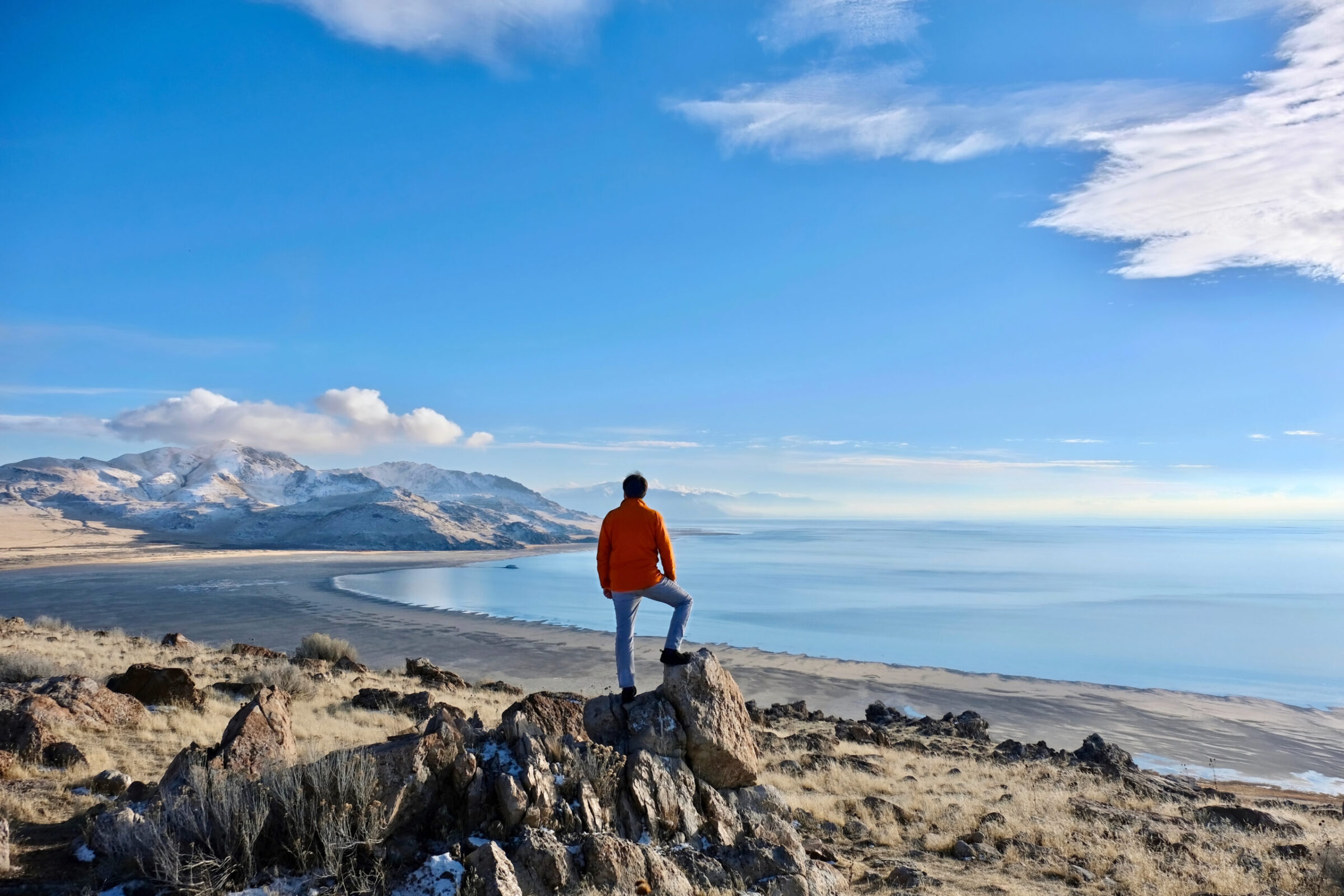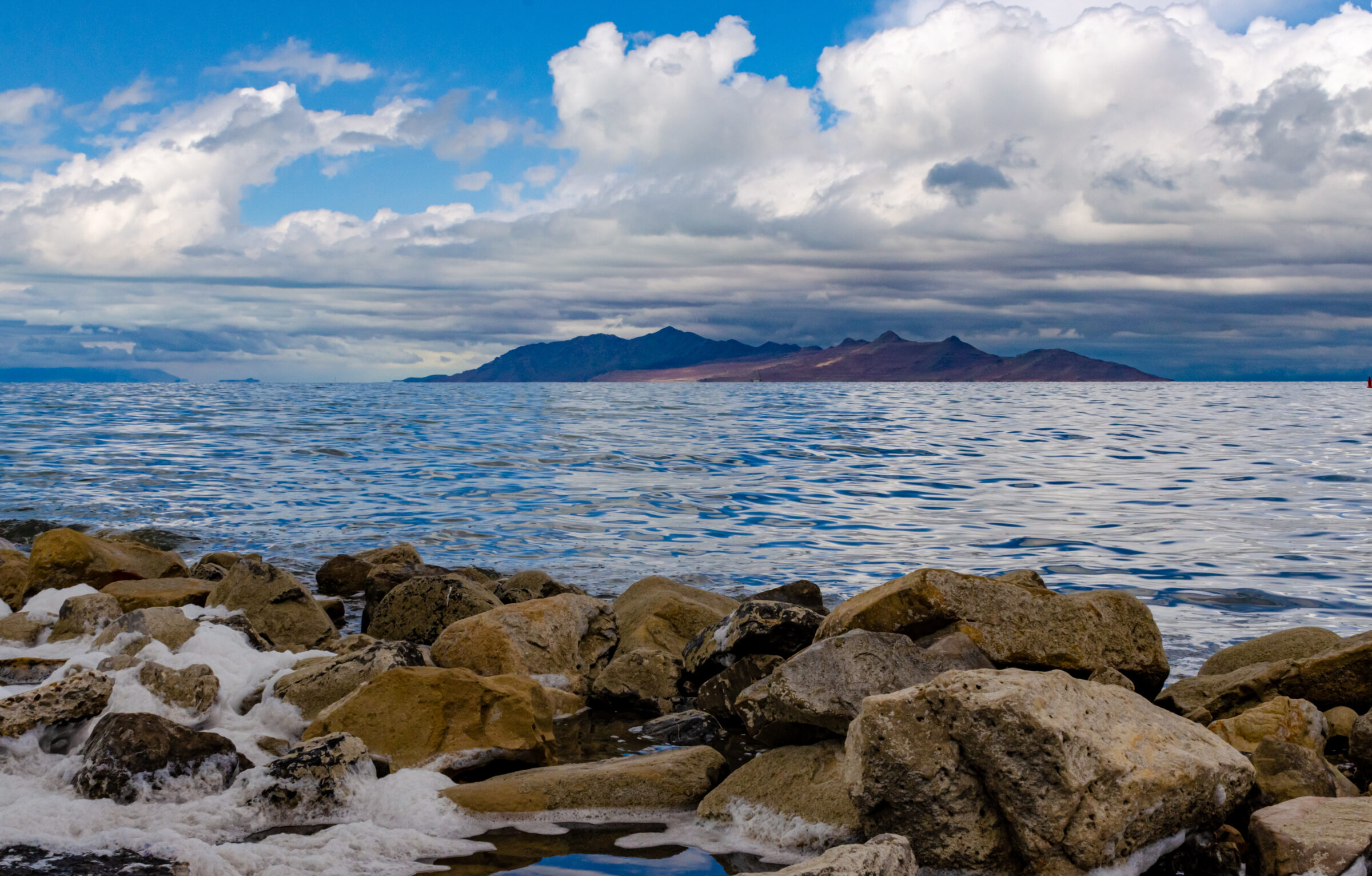


‘Nature Rights’ Paganism Advancing in the West

UN Bureaucrat: Destroy Science to Save Us From ‘Global Boiling’

‘Ocean Rights’ Earth Religion Advances in the UN

Scientists Urged to Aid ‘Rights of Nature’ in Science

Granting Rights to Great Salt Lake Pushed in New York Times

‘Nature Rights’ Pushed in the Lancet
I have been writing for some time about how establishment medicine and bioethics have become profoundly ideological to the point of crossing into the nihilism of anti-humanism. Now, the world’s oldest and one of the field’s most established medical — not environmental — journals has published an advocacy column in favor of granting “rights” to “nature.” The author backs the concept of granting humans the right to a clean environment: a plausible proposition that at least maintains the concept of rights that belong exclusively to the human realm. However, according to Hong Kong–based bioethicist and law professor Eric C. Ip, such rights do not go nearly far enough. He wants rights granted to nature, which would thereby reject human exceptionalism. From the piece, “From the Right to a Healthy Planet to the Planetary Right to Health,” (my emphasis): Some interpretations of the right to a healthy planet could still be problematic. The planet’s ecosystems consist of communities of life forms, of which humanity is but one member, that interact with each other and their landscapes. The Rio Declaration’s reference to the positioning of humans “at the centre of concerns for sustainable development” could no longer be defended. It is impossible to protect the well-being of the planet if humans persist in pursuing endless, albeit narrowly defined, growth with an aura of species superiority. In other words, we, flora, fauna, and, indeed, geological features such as rivers and granite outcroppings are equal. Lest you think I jest, at least six rivers and two glaciers have already been granted “rights” as this antihuman movement spreads. Ip claims that human rights and nature rights are mutually reinforcing: In their current form, rights of nature are enforceable rights attributed to natural entities of Earth, such as ecosystems; these rights — mainly the rights to exist, flourish, and restoration — underscore the core planetary health insight that humanity is part of, and not apart from, an interconnected planet. Practically speaking, the right to a healthy environment and the planetary right to health converge on the same obligation on the part of humanity to protect the planetary community. There does not seem to be any irreconcilable conflict between these two mutually reinforcing rights. Humans have an intrinsic right to flourish; however, that is impossible if they treat the natural foundations of life with disrespect. This is simply not true. Nature’s “rights” are typically defined, by environmental organizations, as “the right to exist, persist, maintain and regenerate its vital cycles, structure, functions and its processes in evolution.” That’s akin to both a right to life and noninterference with natural processes and life cycles. Laws that grant rights to nature do so for the purpose of handcuffing human thriving by inhibiting development, all in the name of saving the planet. They generally allow anyone to bring court action to prevent development activities — meaning that all human endeavors that impact the natural world are at the mercy of the sensibilities of the most radical environmentalist. And that includes essentials such as the generation of electricity with fossil fuels, as well as the mining of minerals such as lithium needed to make renewables functional. At the very least, granting “rights” to “nature” would grant the natural world and human needs equal consideration before the law. Even if related lawsuits on behalf of nature’s “rights” are lost eventually, the chilling effect of their potential alone would be catastrophic. Imagine trying to obtain liability insurance for a new waterfront hotel or a mining operation when the insurance company knows that the most extreme anti-development activist can take the project to court. Radical environmental misanthropy is on the march, now co-opting the medical establishment. Its activists are well funded and ideologically committed. The time has come to stop rolling our eyes at the apparent insanity of these proposals and take the threat posed by them seriously. The future of human prosperity and our self-identification as the special species, uniquely possessed with both rights and responsibilities, depend on defeating this radical agenda.

Medical Journal Demands ‘Ecological Equity’

Now, It’s Carbon ‘Net-Zero Healthcare’ to Fight Global Warming
